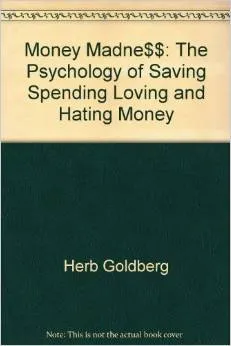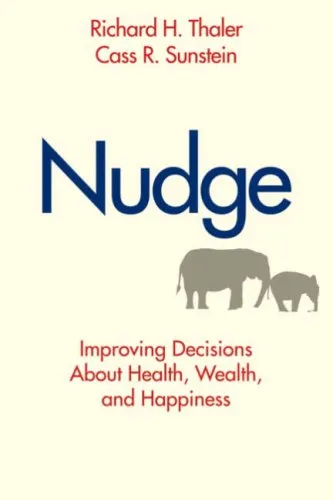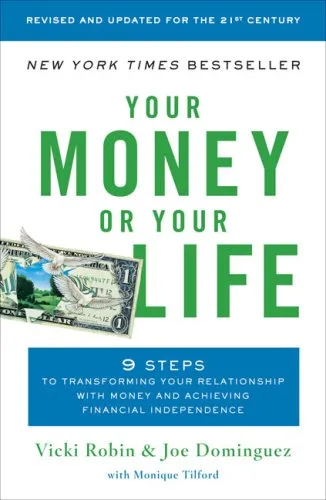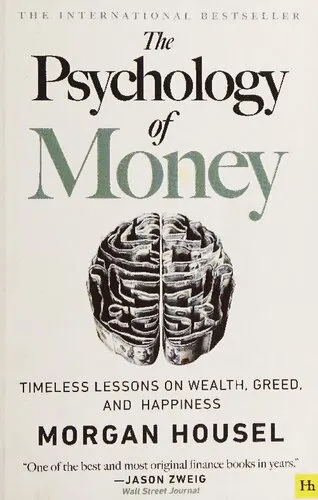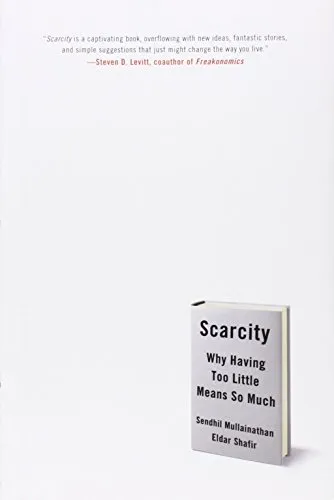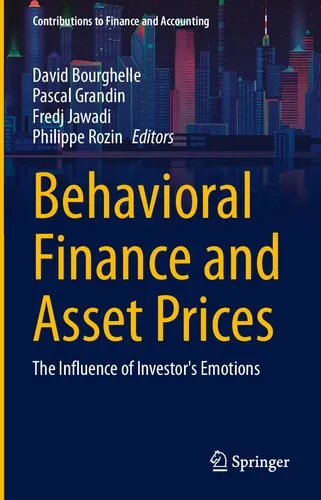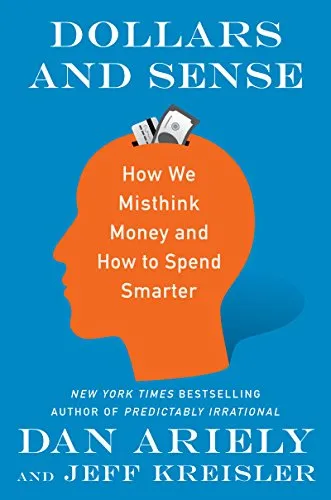Money Madness - The Psychology of Saving, Spending, Loving, and Hating Money
4.0
Reviews from our users

You Can Ask your questions from this book's AI after Login
Each download or ask from book AI costs 2 points. To earn more free points, please visit the Points Guide Page and complete some valuable actions.Related Refrences:
Introduction to 'Money Madness - The Psychology of Saving, Spending, Loving, and Hating Money'
Everywhere you turn, money has a presence. It dictates the choices we make, the emotions we feel, and the relationships we foster. 'Money Madness - The Psychology of Saving, Spending, Loving, and Hating Money' delves into the intricate relationship individuals have with money, revealing how it can dominate thoughts, behaviors, and emotions. Designed not just for economists or financial planners, but for anyone who has ever pondered the true meaning and impact of money in their lives, this book provides a comprehensive look into the psyche of financial decision-making.
Summary of the Book
In 'Money Madness', authors Herb Goldberg and Robert T. Lewis walk readers through the multidimensional world of money psychology. The book dissects money's role as an emotional catalyst, social symbol, and mental barometer. It is structured to illuminate why individuals have such varied responses to wealth and financial challenges. Through the exploration of money in different life contexts—be it in relationships, personal fulfillment, or as a tool of power—the authors endeavor to answer one pivotal question: Why does money have such a profound effect on us?
Goldberg and Lewis utilize a blend of psychological theory and practical advice, offering readers not just insights but real-world applications. They discuss the complications and conflicts arising from money interaction by exploring various archetypes—savers, spenders, lovers, and haters of money. Each archetype is analyzed in detail, providing vivid character studies that readers can relate to and learn from.
Key Takeaways
The book offers several critical insights:
- Understanding your financial personality helps in making better money decisions.
- Emotional relationships with money often stem from childhood experiences and societal norms.
- Money conflicts in relationships can be minimized by identifying and understanding the root emotions tied to financial behaviors.
- Awareness of money myths can liberate one from financial stress.
- Developing a healthy balance between saving and spending leads to financial and emotional well-being.
Famous Quotes from the Book
“Money is not just a currency; it’s a mirror reflecting our deepest insecurities and desires.”
"The way you treat money is a direct reflection of how you treat yourself."
"In relationships, money is the third person that silently weaves its way into every conversation and decision."
Why This Book Matters
'Money Madness' is an essential read in a world where financial decisions are omnipresent yet often misunderstood. It bridges the gap between economic choices and psychological motivations, offering guidance on how to achieve both financial security and emotional contentment. The insights offered are particularly relevant in today's age of consumerism and economic disparity, providing tools to navigate the complexities of modern financial life.
The book's relevance is further amplified by its ability to cater to a diverse audience. Whether you're a spender drowning in debt, a saver punishing yourself with extreme frugality, or simply someone puzzled by your own financial habits, this book holds the potential to transform your relationship with money, making it healthier and more conscious.
Free Direct Download
You Can Download this book after Login
Accessing books through legal platforms and public libraries not only supports the rights of authors and publishers but also contributes to the sustainability of reading culture. Before downloading, please take a moment to consider these options.
Find this book on other platforms:
WorldCat helps you find books in libraries worldwide.
See ratings, reviews, and discussions on Goodreads.
Find and buy rare or used books on AbeBooks.
1580
بازدید4.0
امتیاز0
نظر98%
رضایتReviews:
4.0
Based on 0 users review
Questions & Answers
Ask questions about this book or help others by answering
No questions yet. Be the first to ask!
